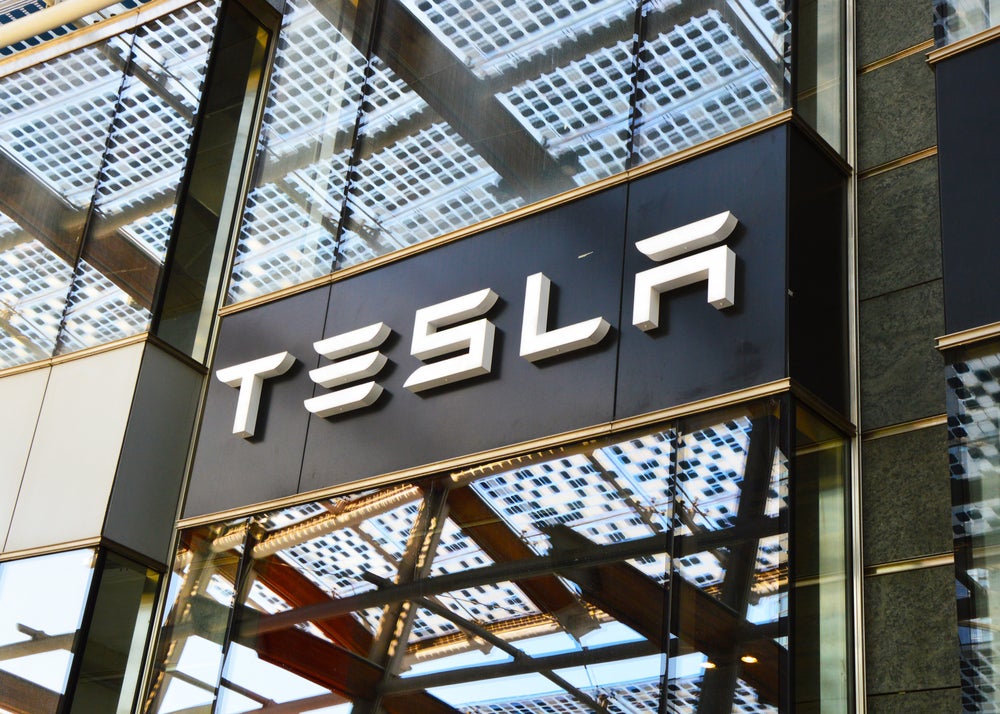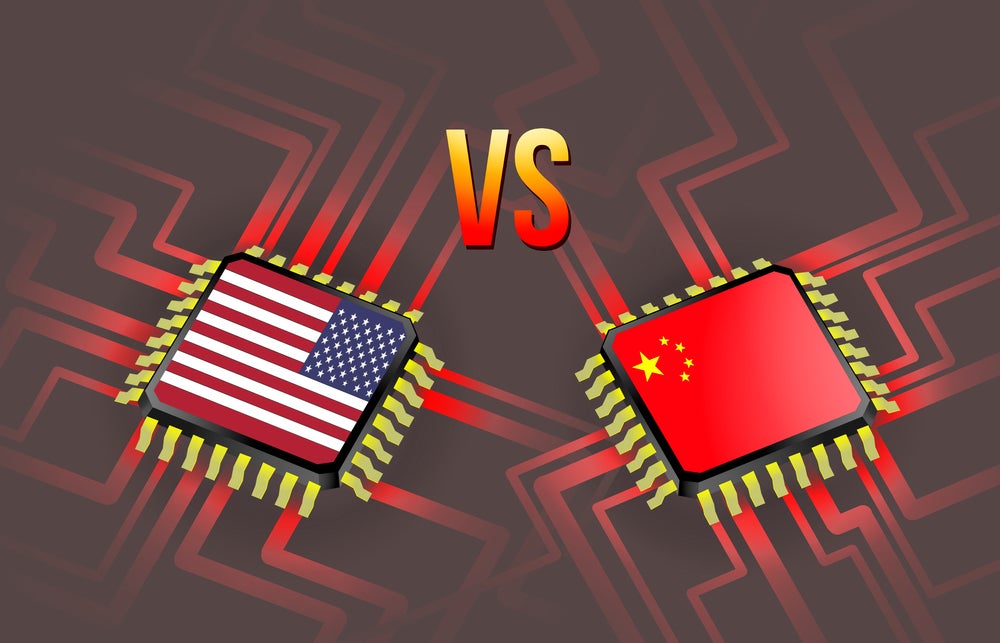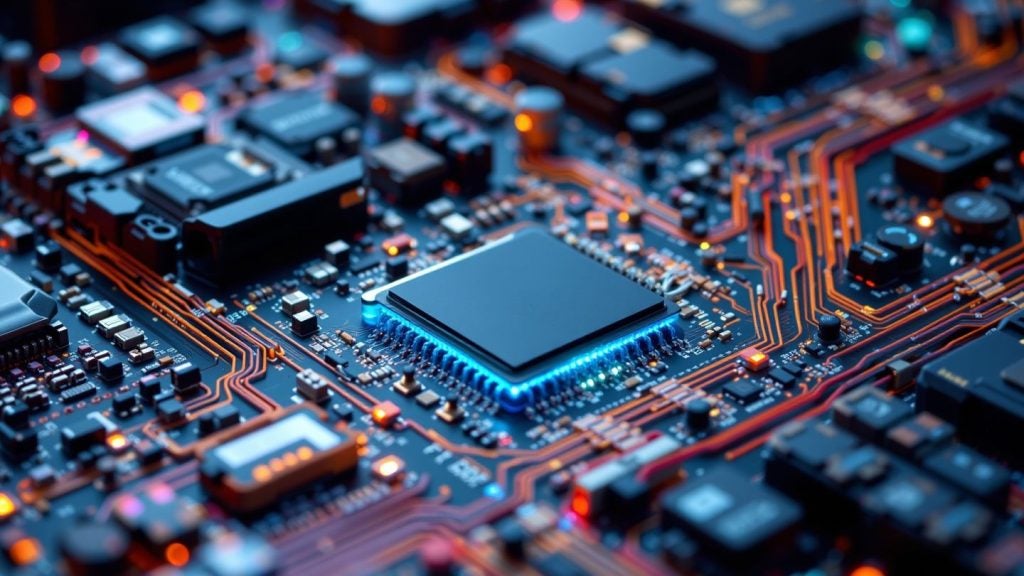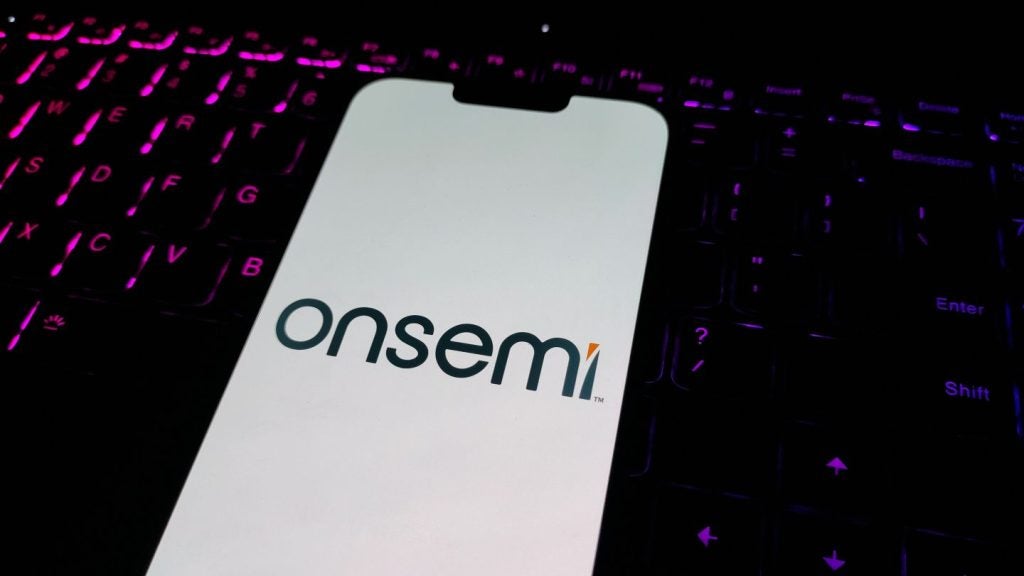
Elon Musk has said Tesla will open operations in India “as soon as humanly possible” following a meeting between the electric vehicle (EV) maker CEO and India’s prime minister Narendra Modi, adding that he was “trying to figure out the right timing” to make it happen.
The move marks an important moment in Tesla’s push to move manufacturing away from China.
Musk said that Tesla would seek to support India’s sustainable energy generation.
The tech entrepreneur explained that India is “great for solar,”
“The amount of land area you actually need to generate enough electricity to power India is very small. I believe it’d be probably 1% or 2% of the land area in India, so it’s very doable,” Musk said.
Earlier this month (June 1) Musk traveled to Shanghai where he informed officials of his opposition to the decoupling of the US and China.
Tesla’s plant in Shanghai is its largest factory worldwide, with factories sprawling the US and one located in Berlin.
While Tesla has heavily relied on China for manufacturing, Musk’s comments about opening Indian operations suggests Tesla plans to continue diversifying its EV manufacturing away from China.
In March, Musk said that the factory producing its next generation of cars will be in Mexico.
EVs produced in Mexico are granted a consumer tax credit of up to $7,500 in the US, as of August 2023, under the Inflation Reduction Act, The Wall Street Journal reported.
In 2023, Tesla produced 1.37m cars globally but the proposed Mexican factory will push capacity to around two million annually.
Amitabh Dubey, political analyst at TS Lombard, told Verdict that from a global point of view a factory in India would very much help diversify Tesla’s risks away from China.
“India has a dynamic automotive industry that has been exporting cars and two-wheelers for many years, especially small cars made by Suzuki, Hyundai and other large automotive companies, and Tesla can certainly follow suit,” Dubey said.
Adding: “However, China has a deep EV ecosystem built around advanced battery technology that India currently lacks; presumably Tesla can help develop that in India.”
Dubey pointed out that Tesla’s products are quite expensive for Indian consumers.
“Its cheapest vehicle sells for more than $30,000 in China, and $40,000 in the US not including the federal tax credit, which very few Indians can afford,” Dubey said.
Prospects for sales in India will be limited unless Tesla brings out cheaper models.
While Hyundai, for instance, sells small numbers of EVs in India it will only scale once it introduces more affordable models from 2024-2025, Dubey argued.
“Tata is building inexpensive EVs that start at $12,000 but the lack of charging infrastructure is holding growth back in the short term – but the company is currently the volume leader as you would expect at that price point,” Dubey added.







